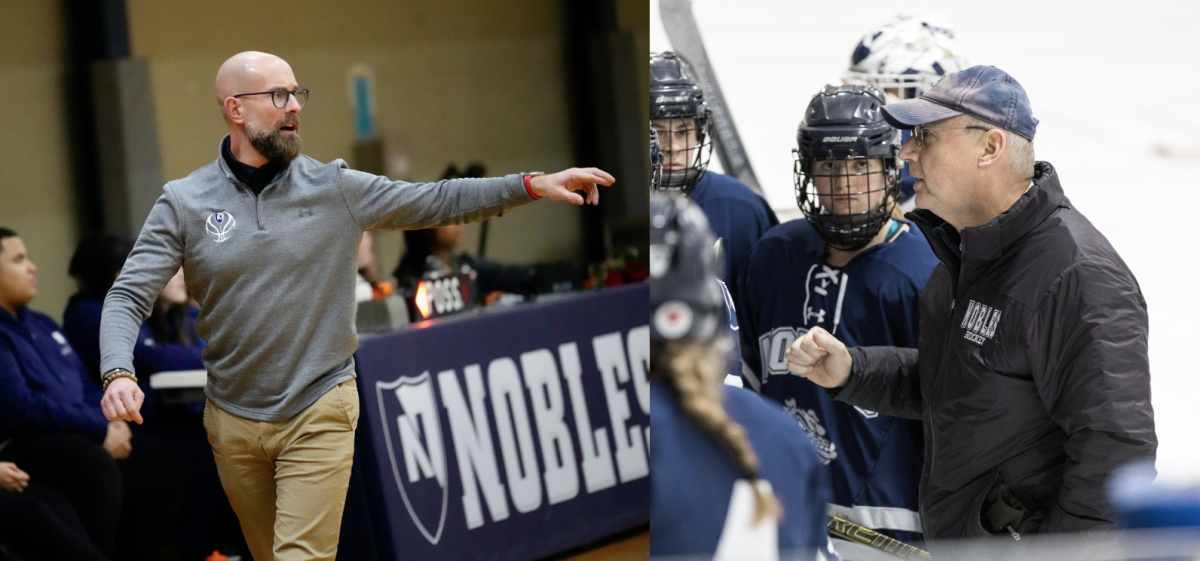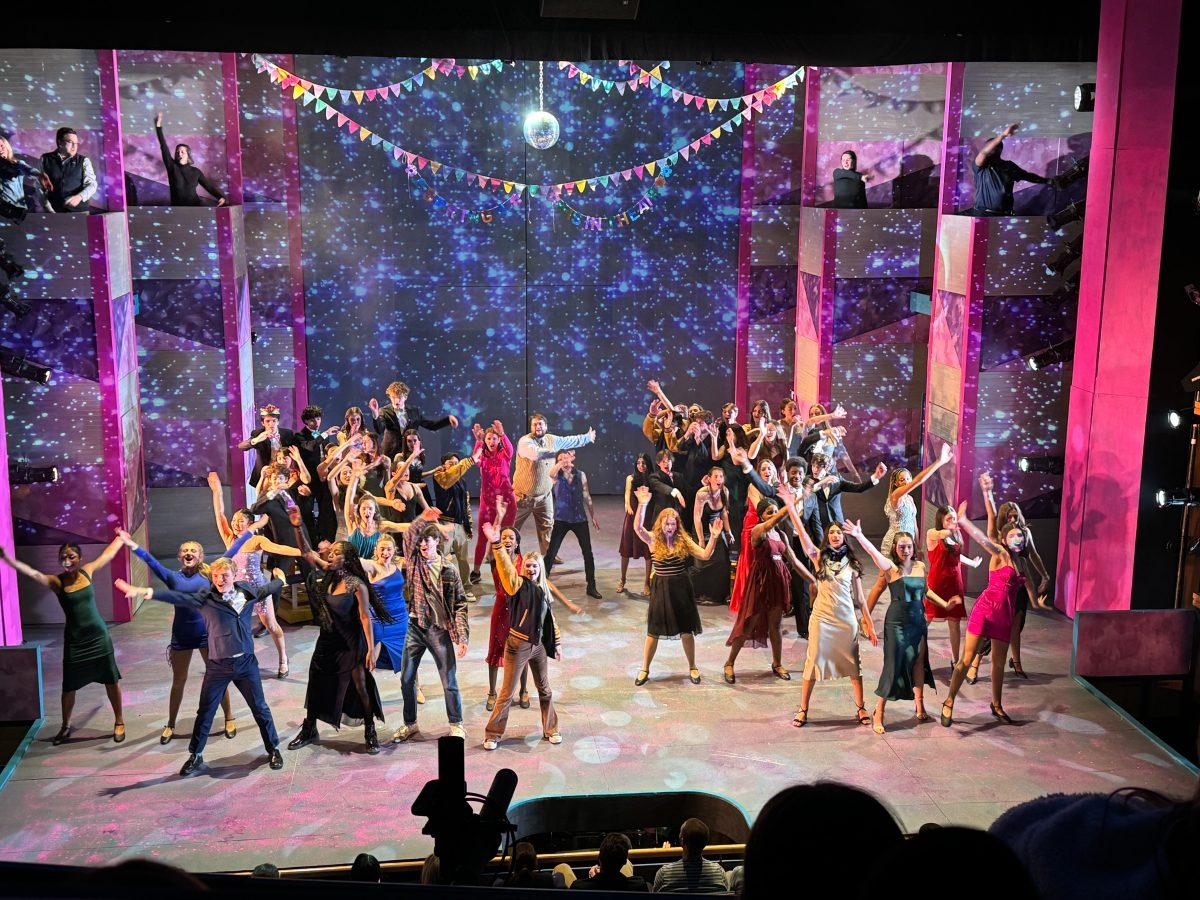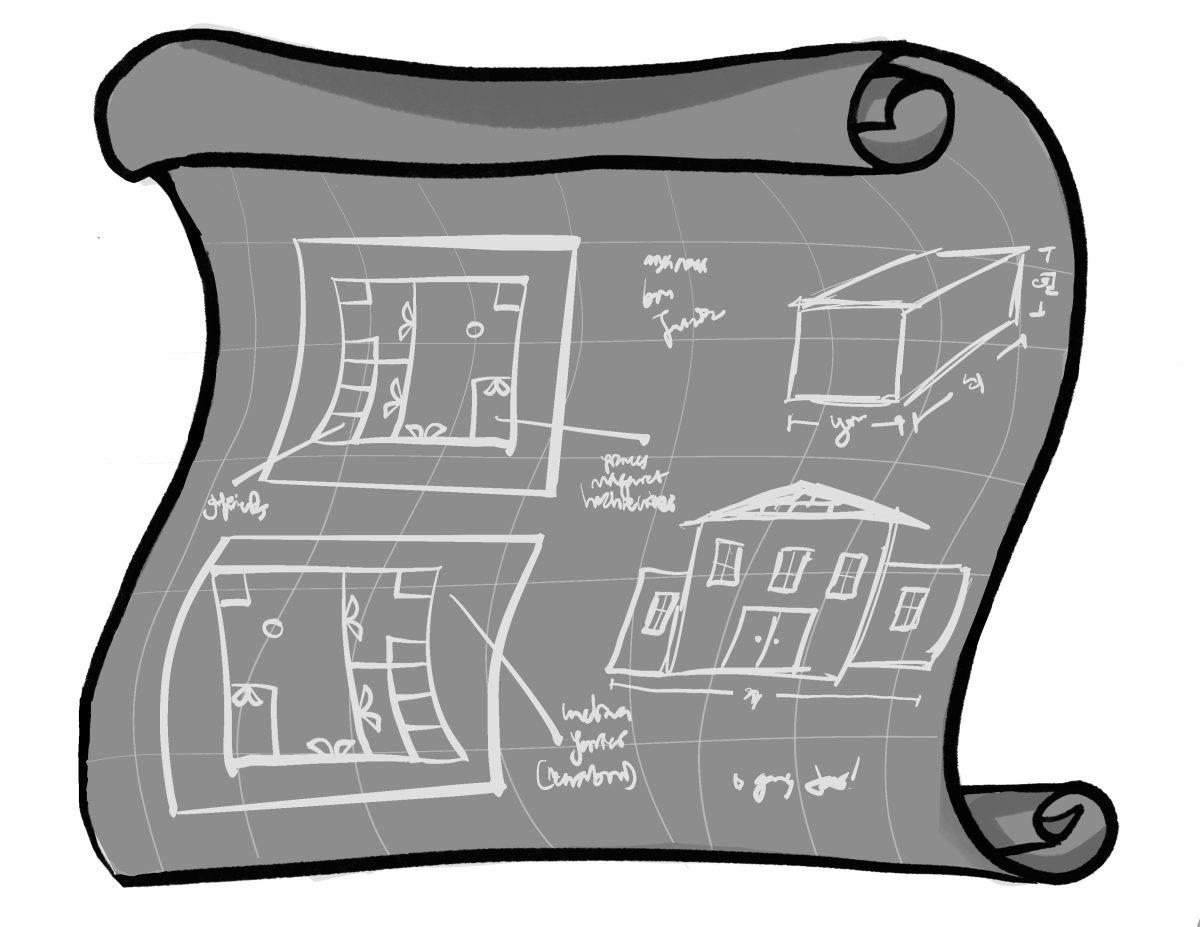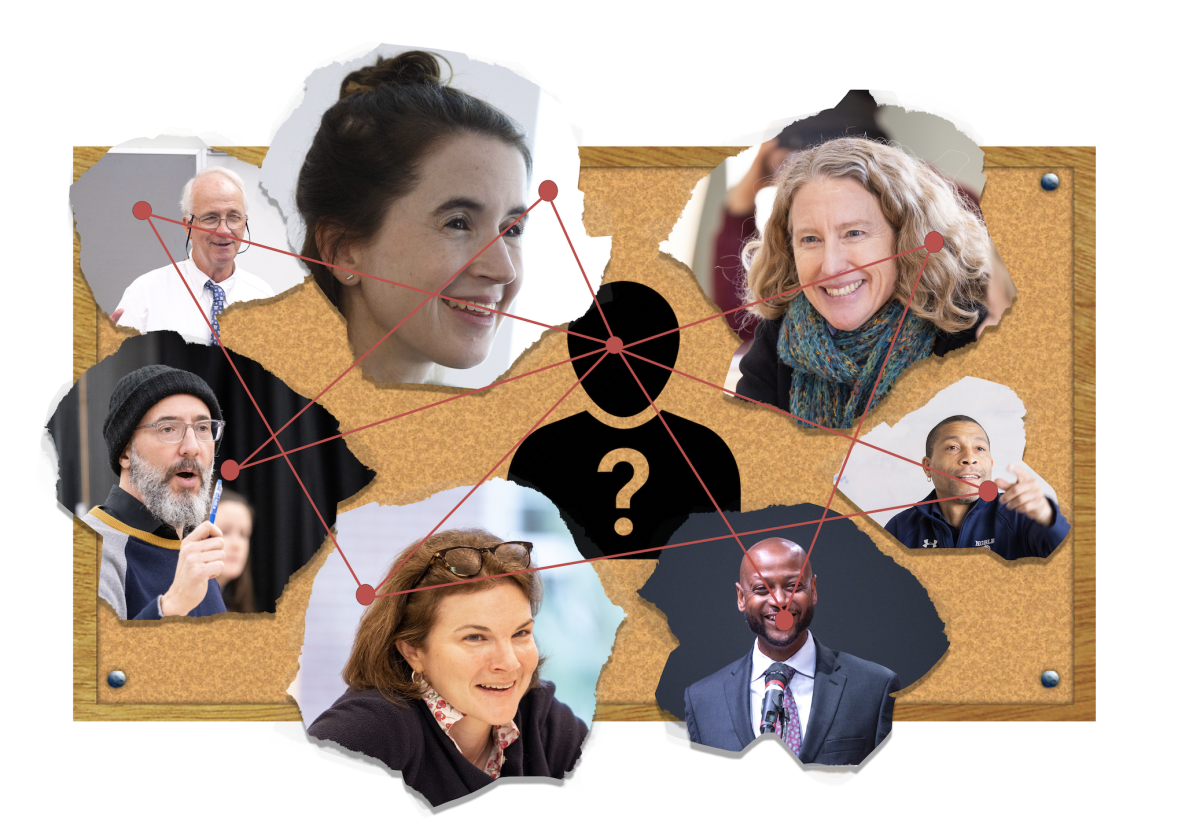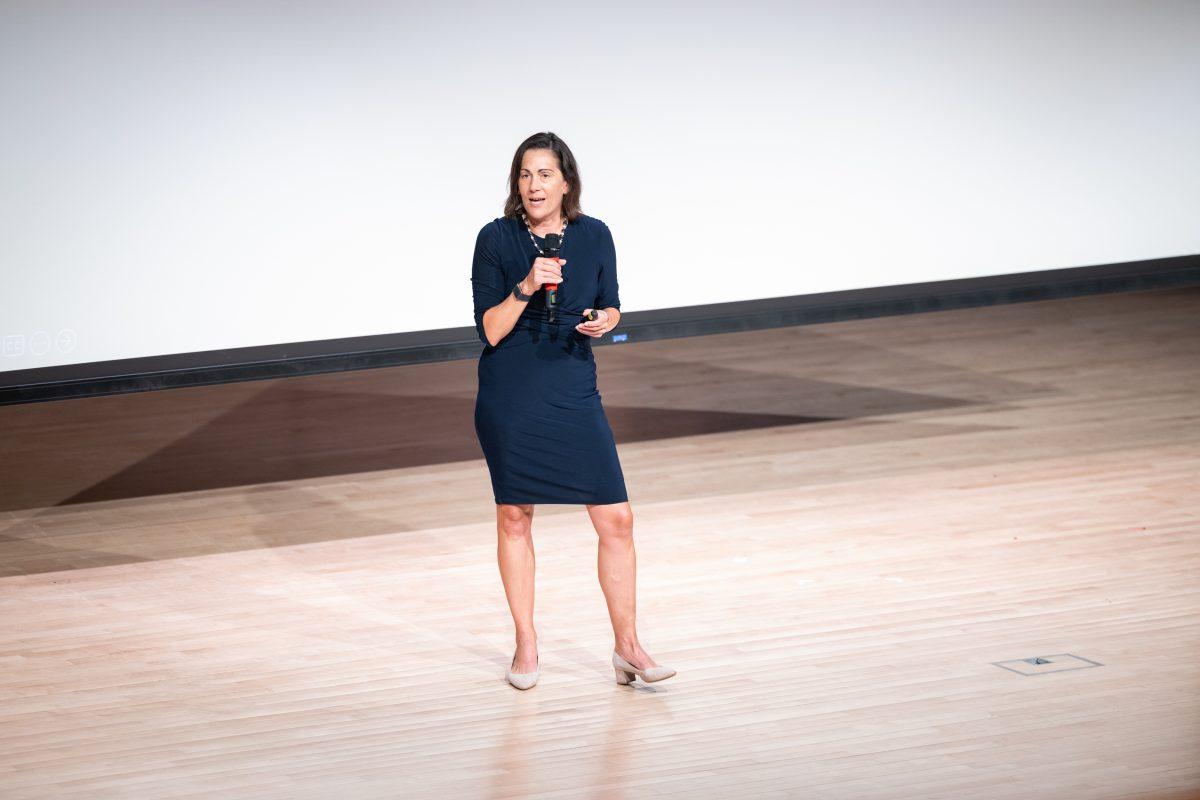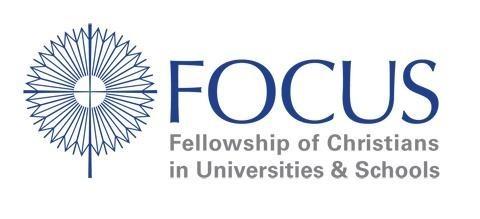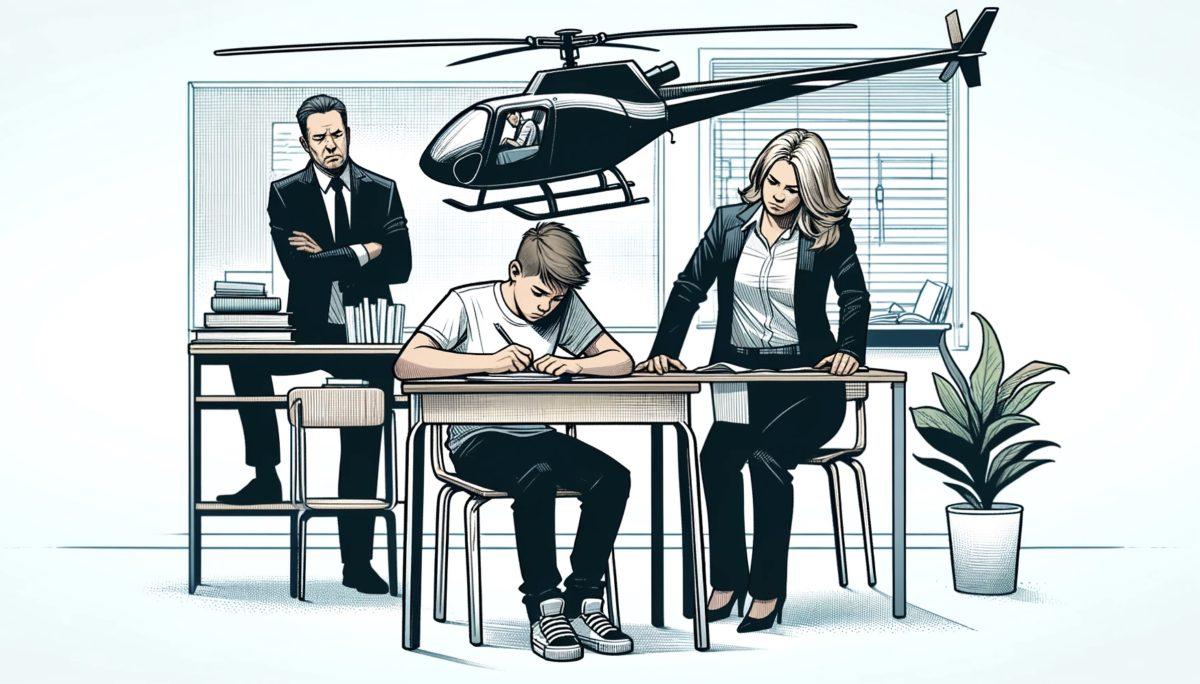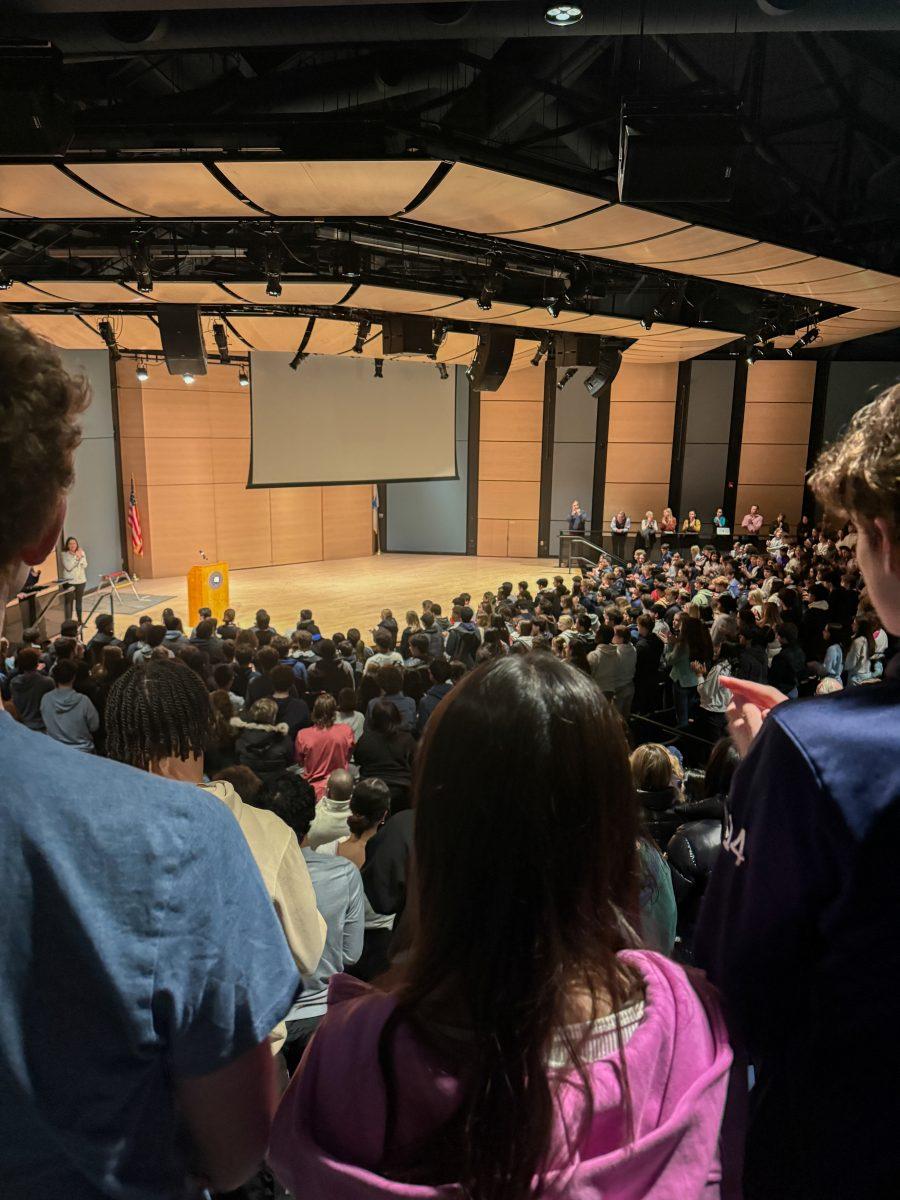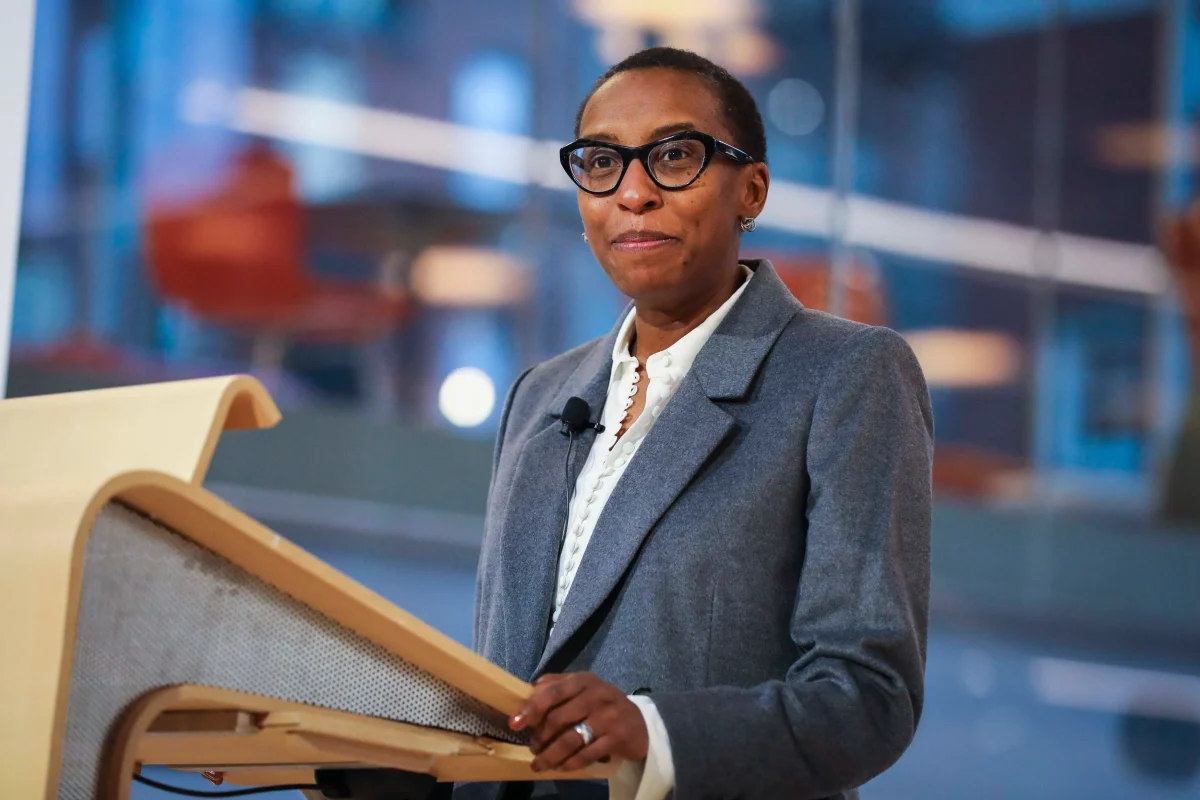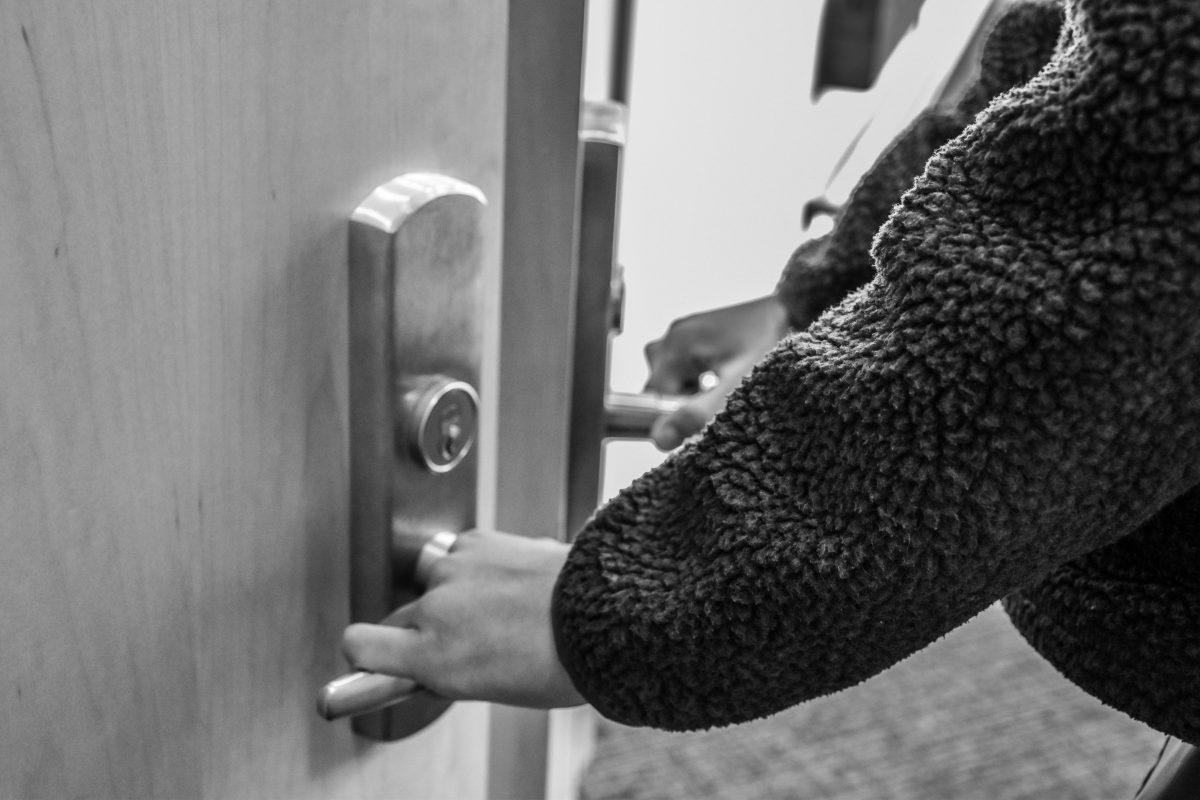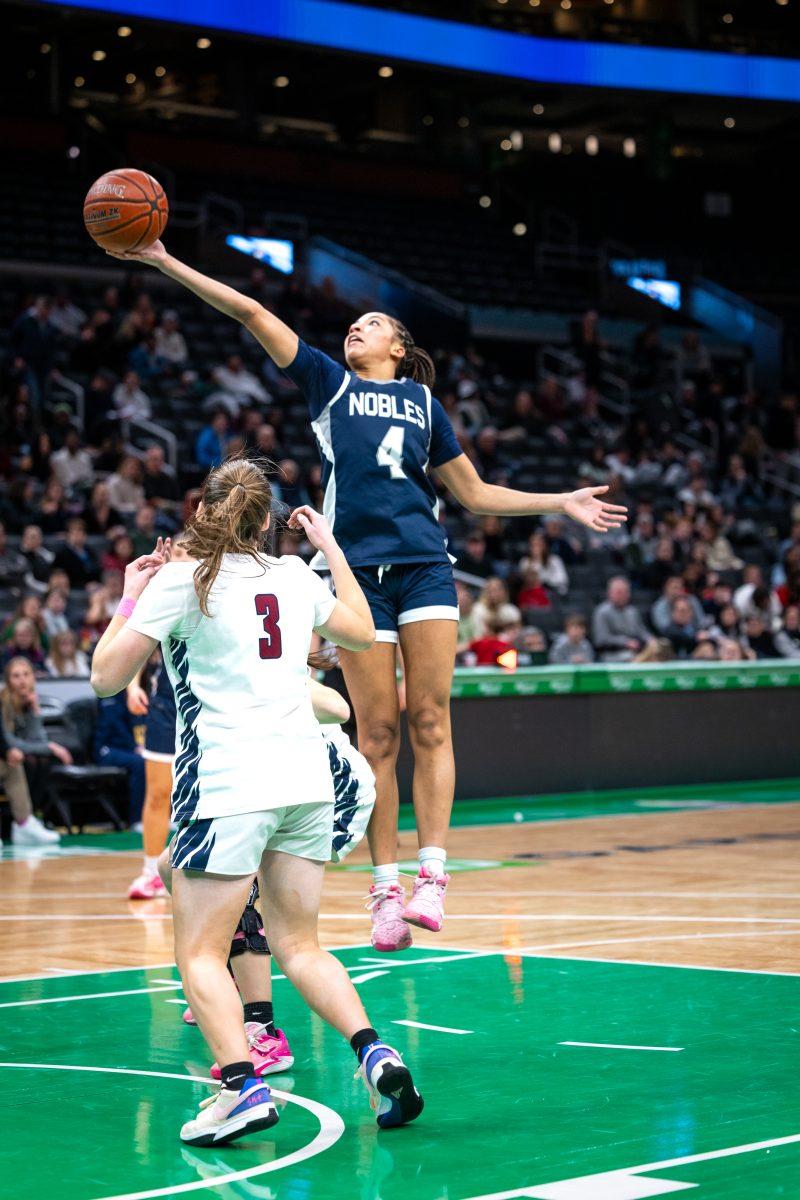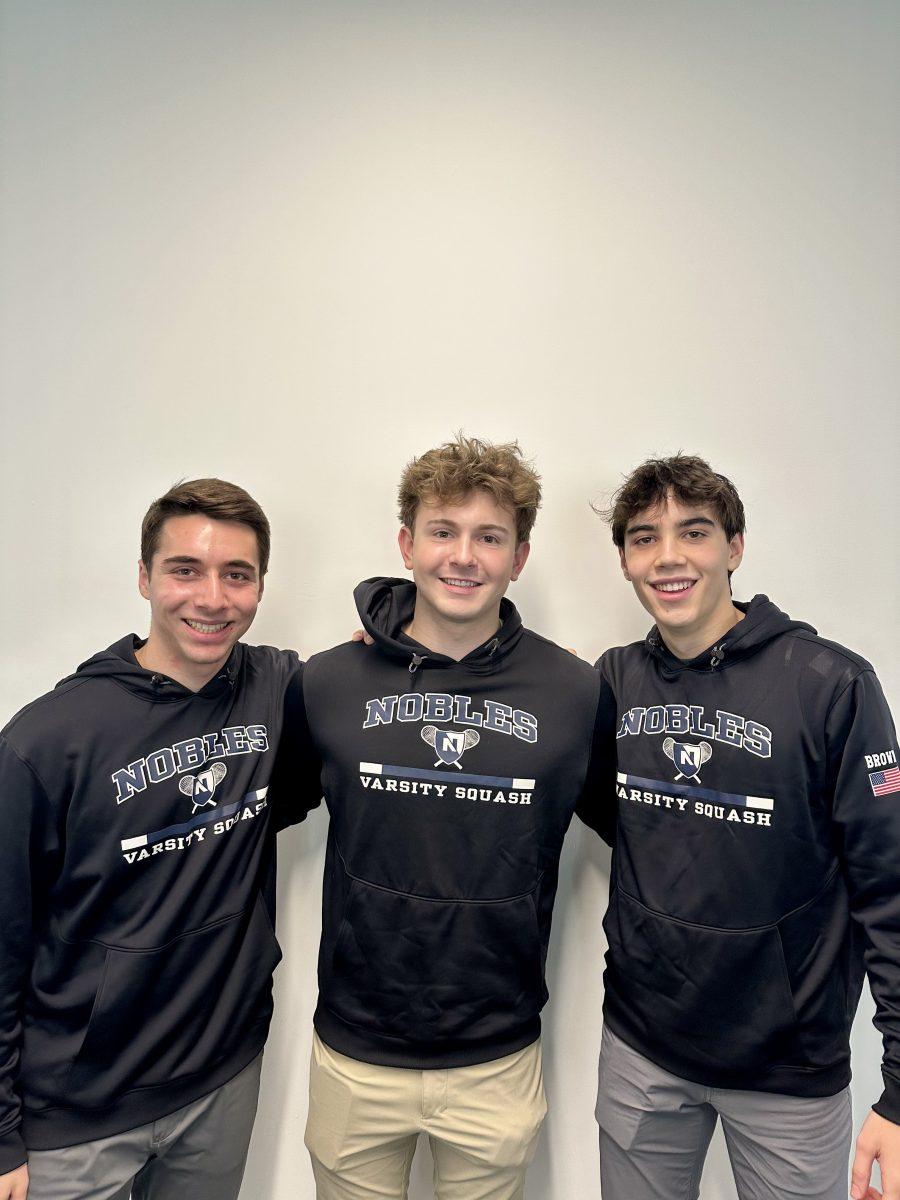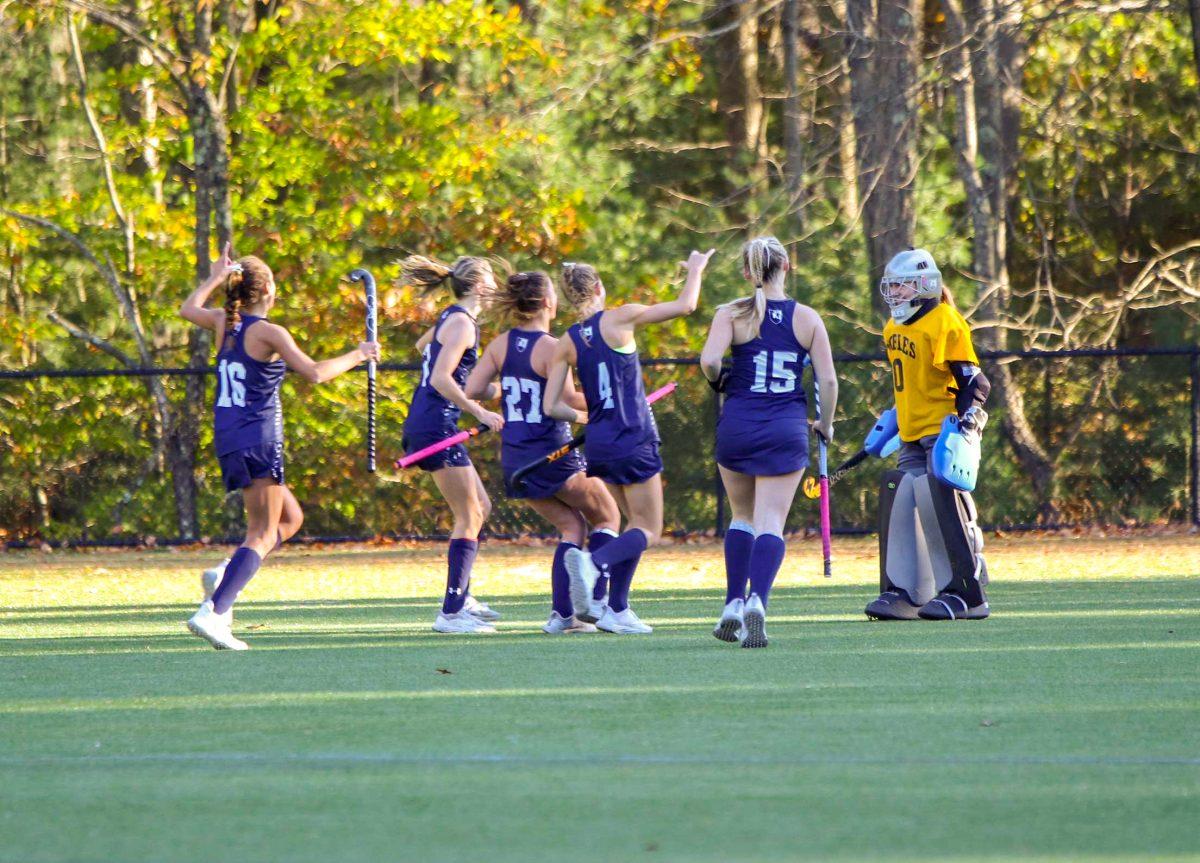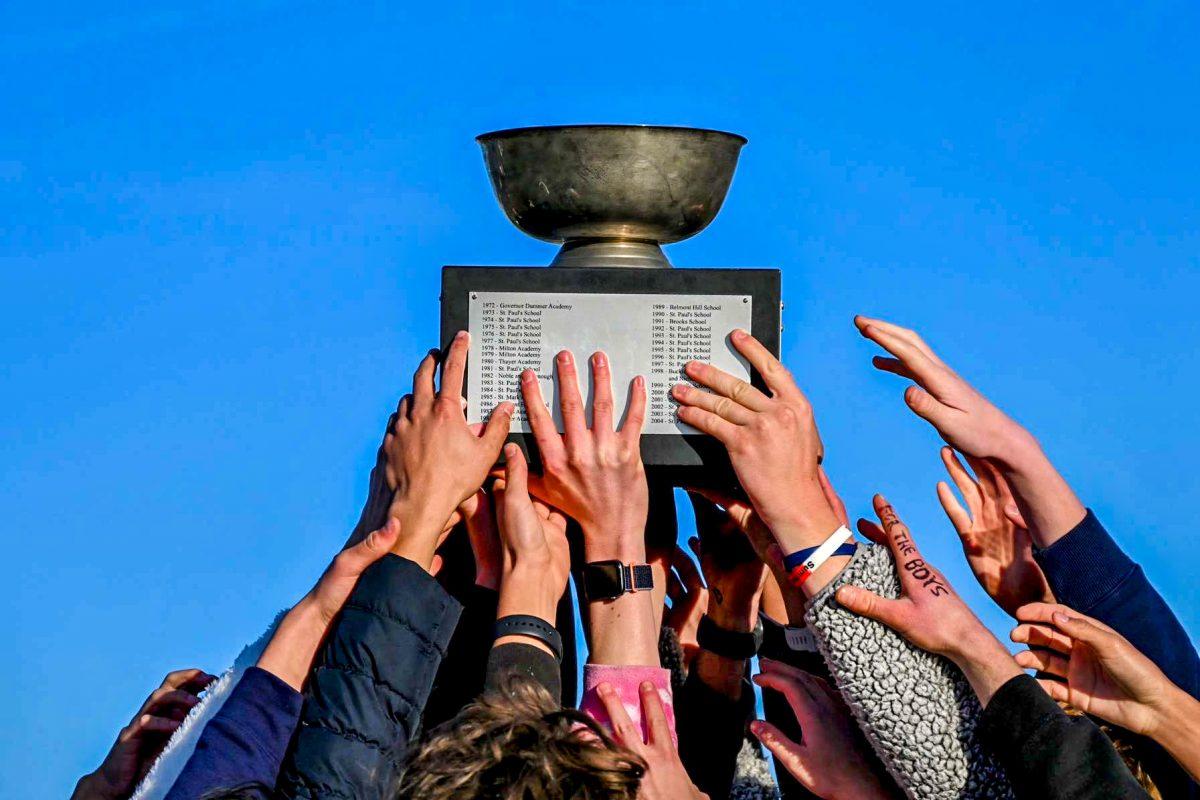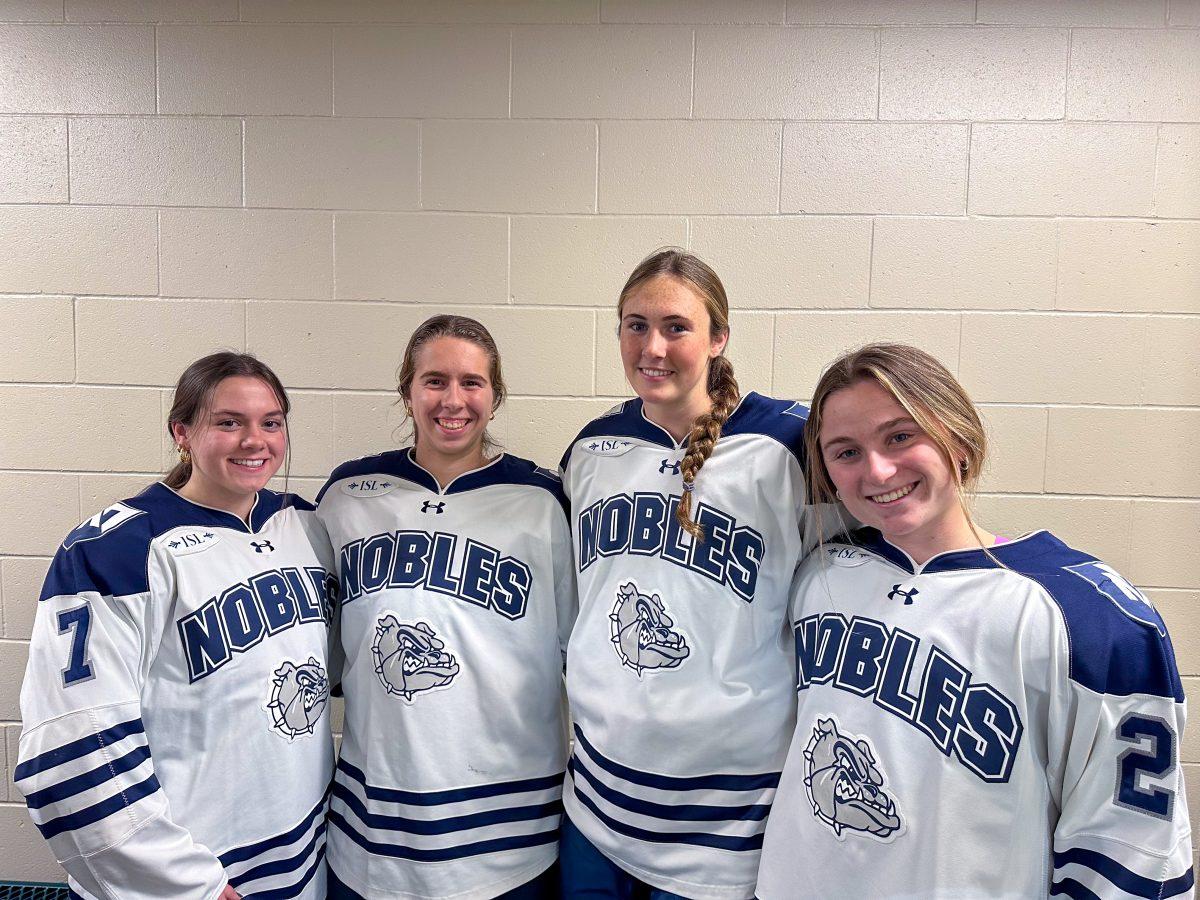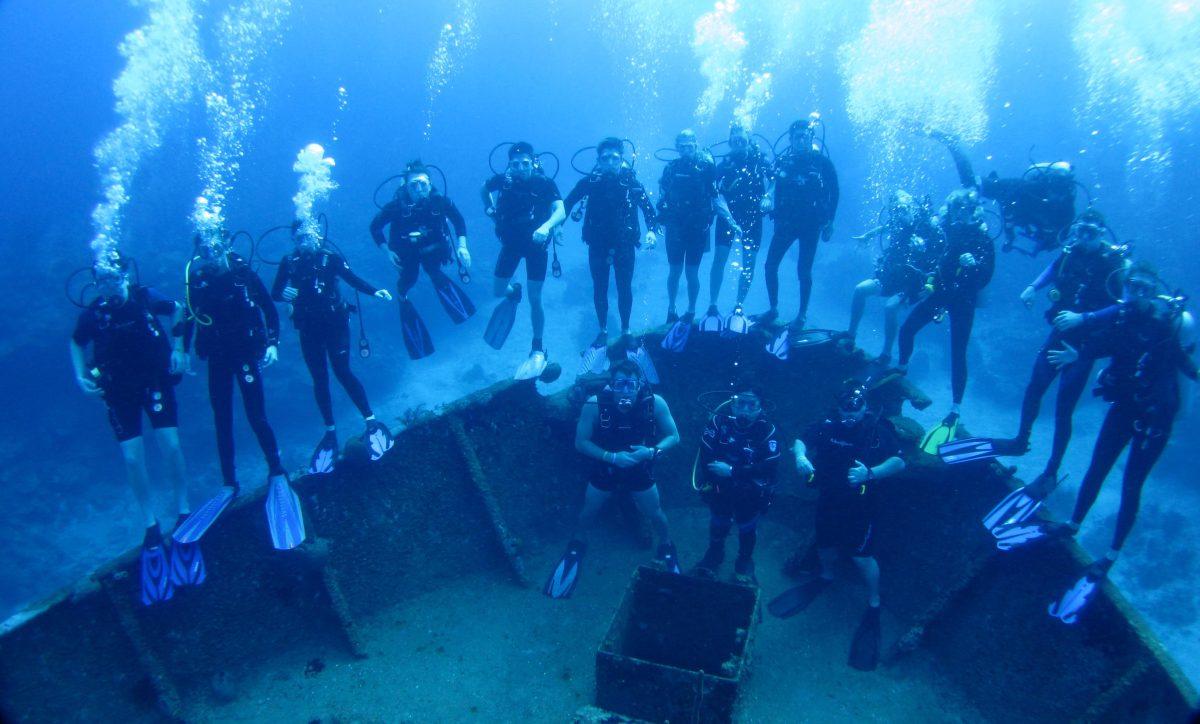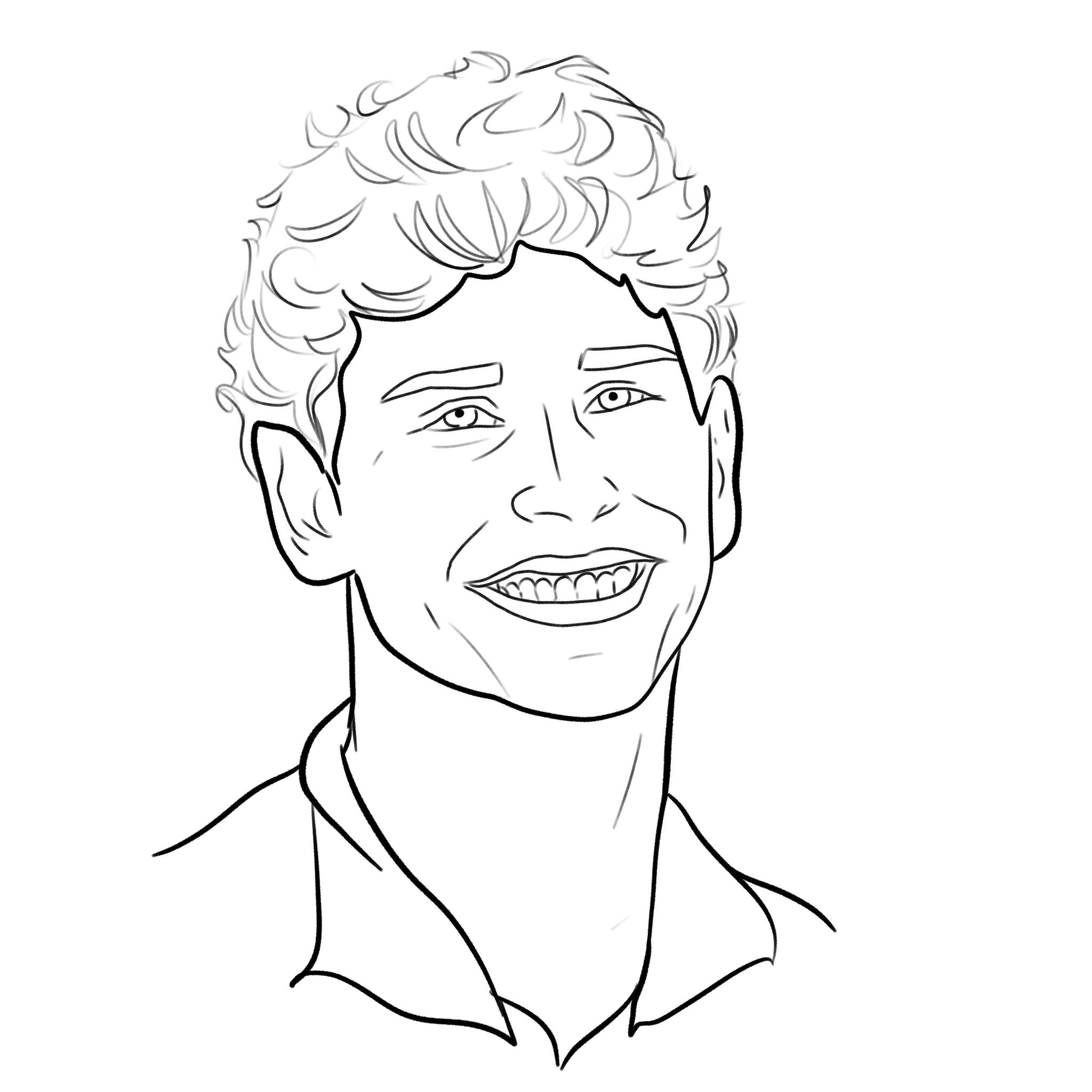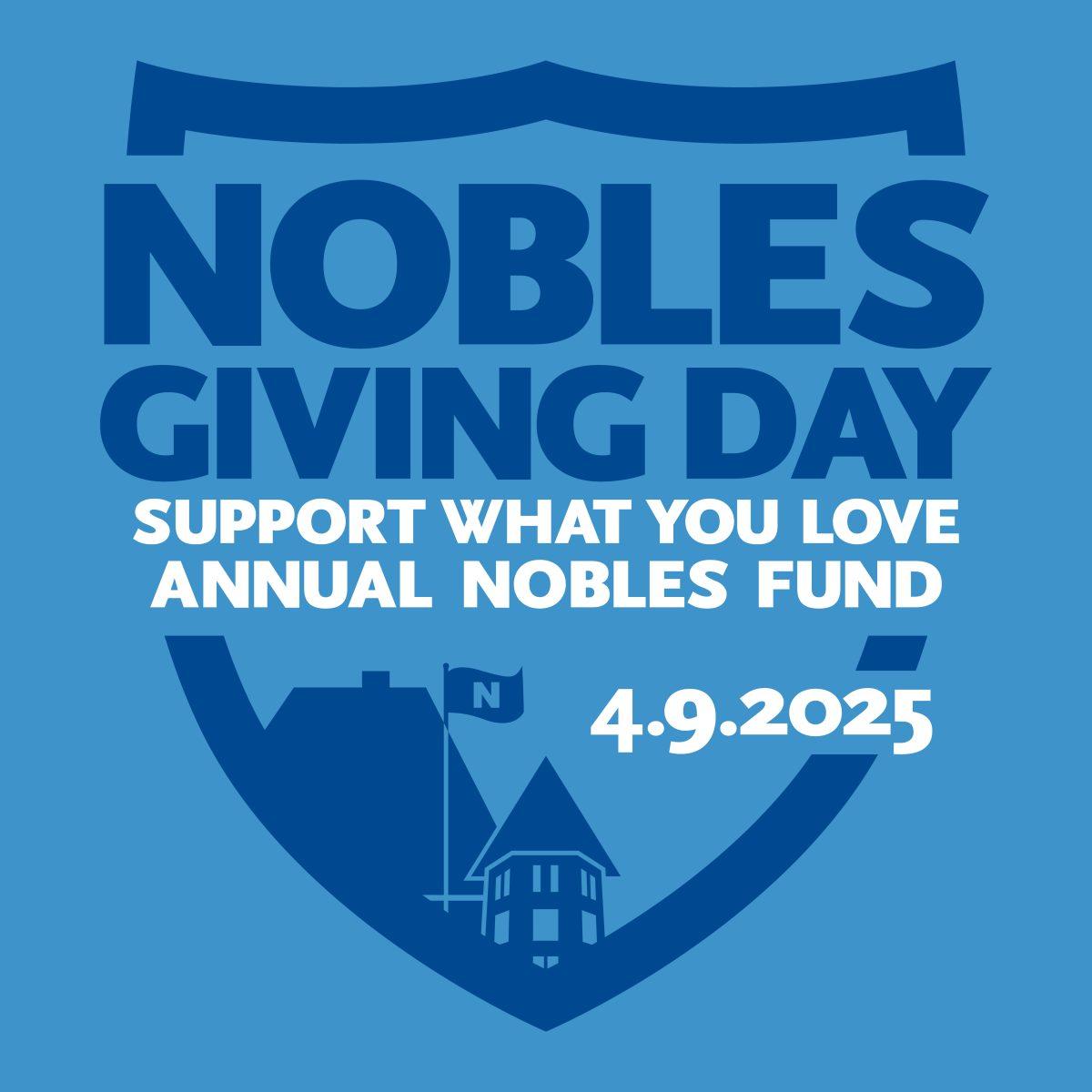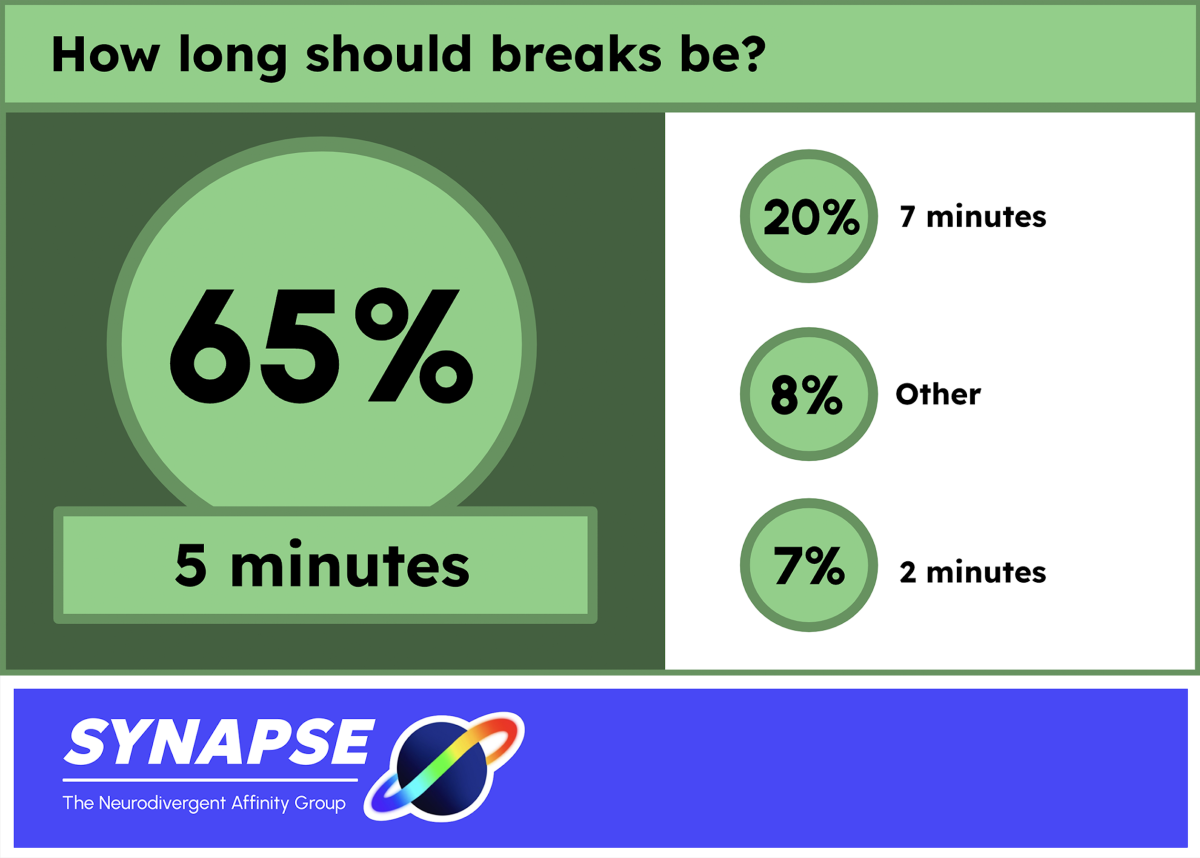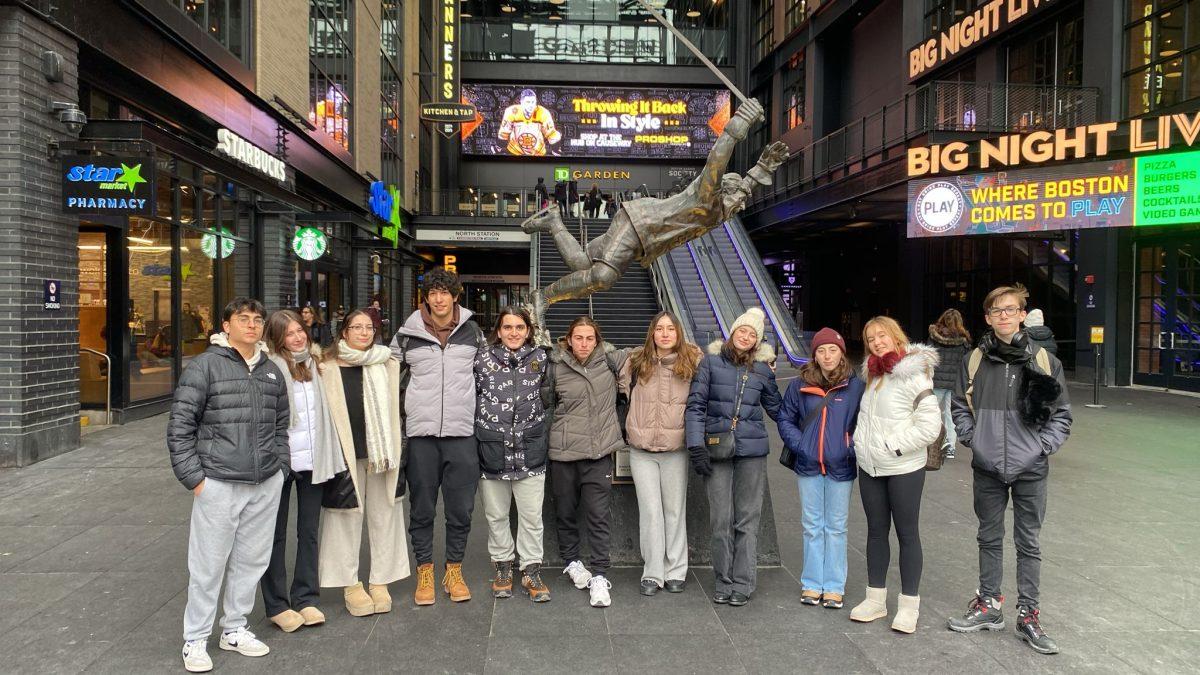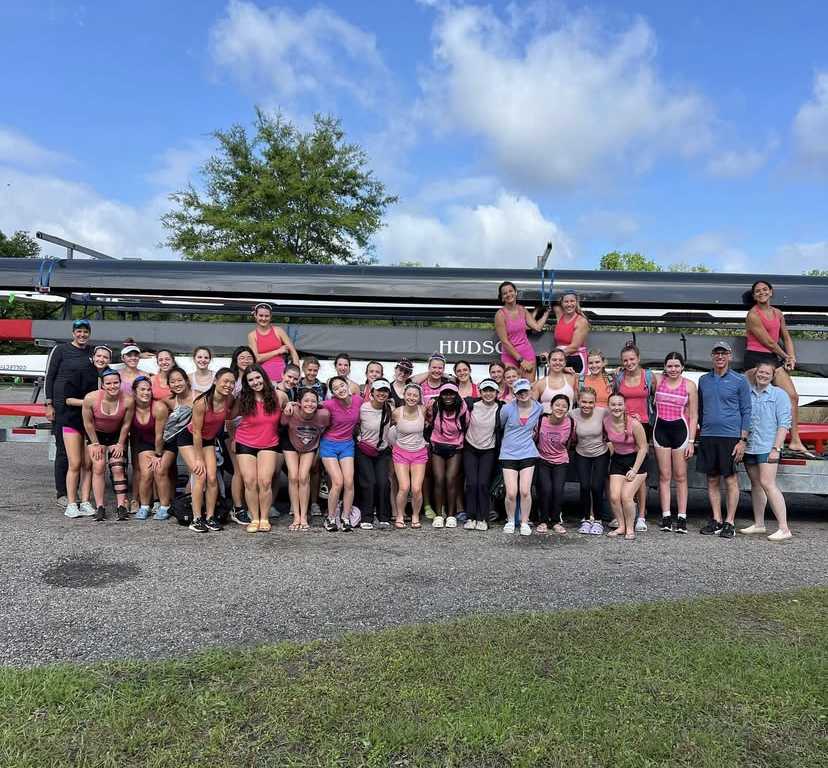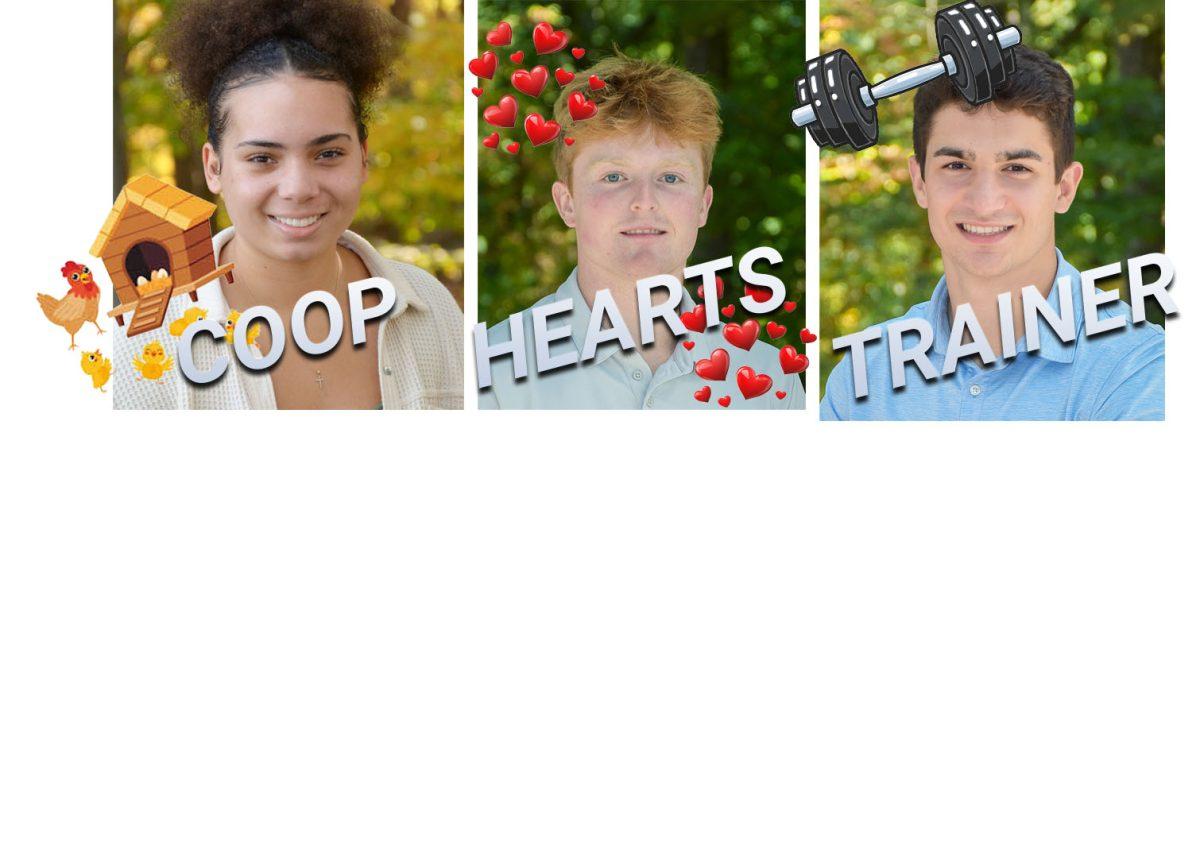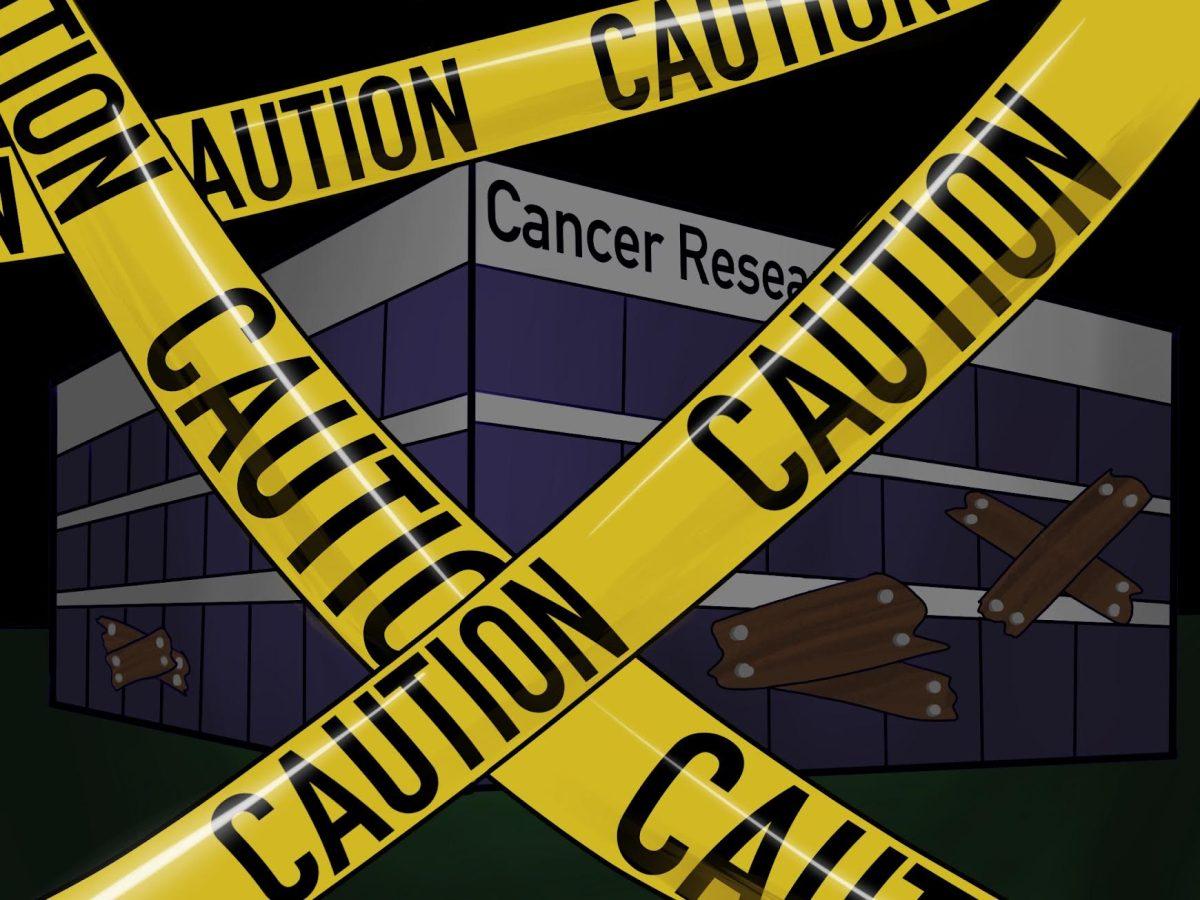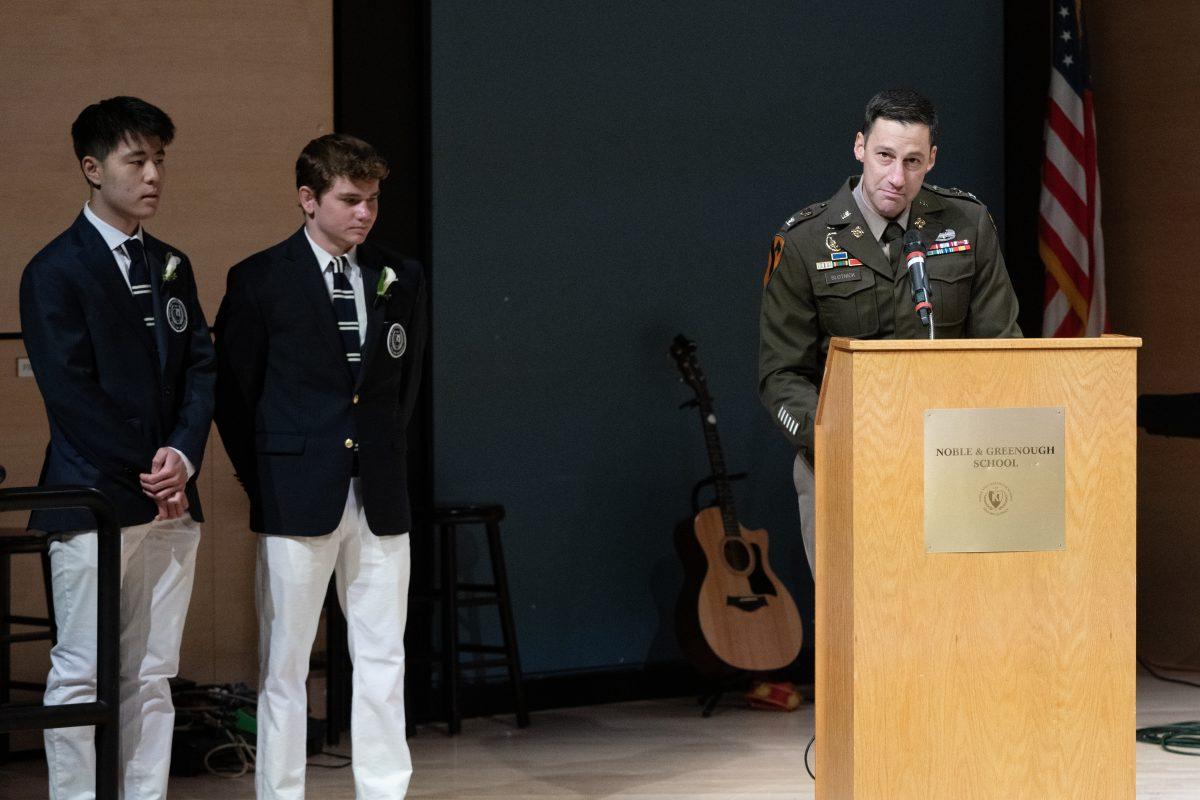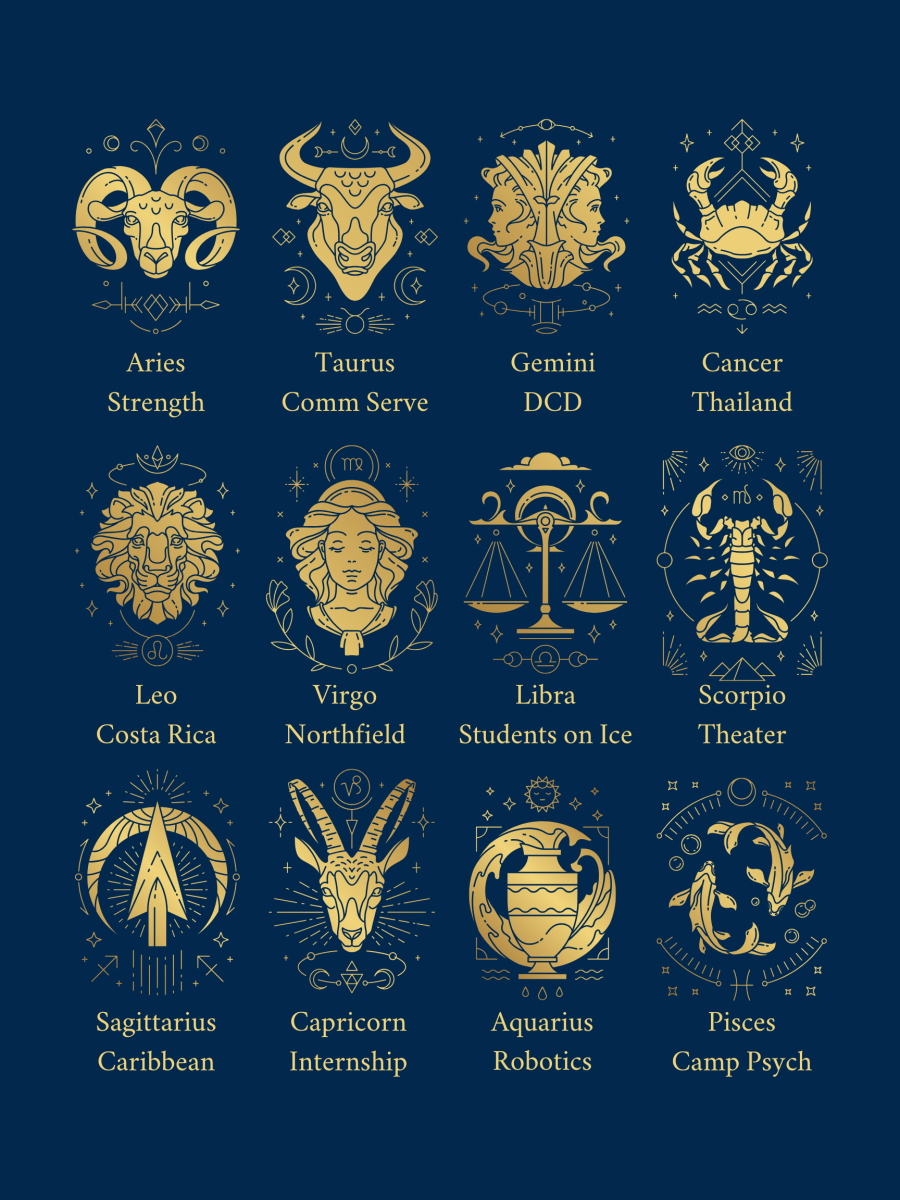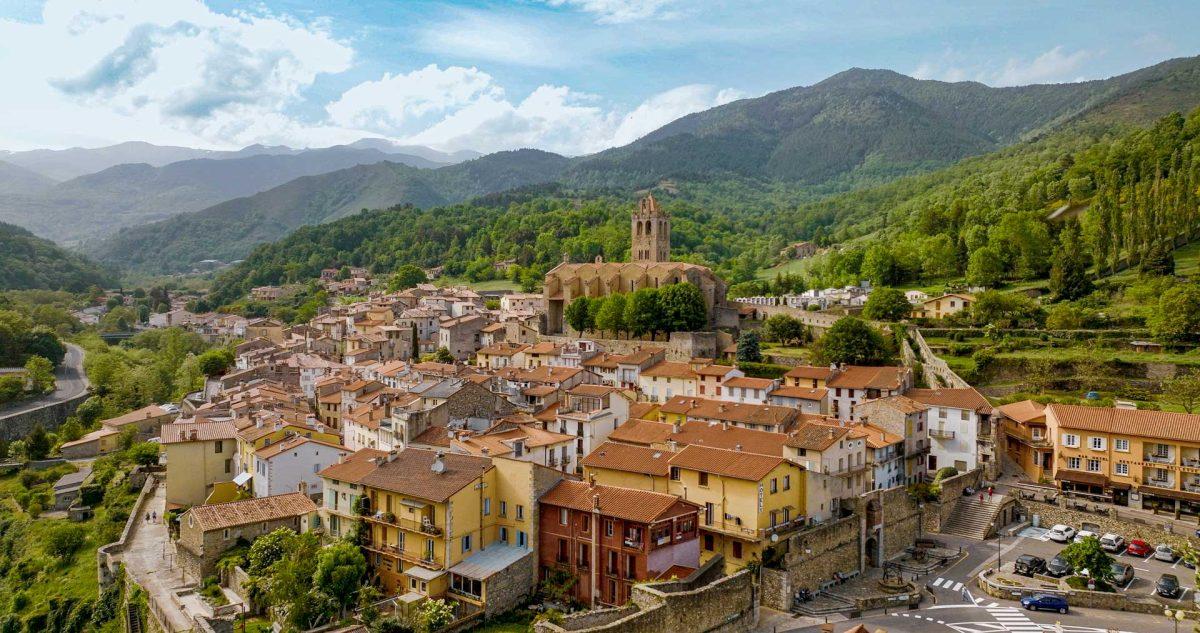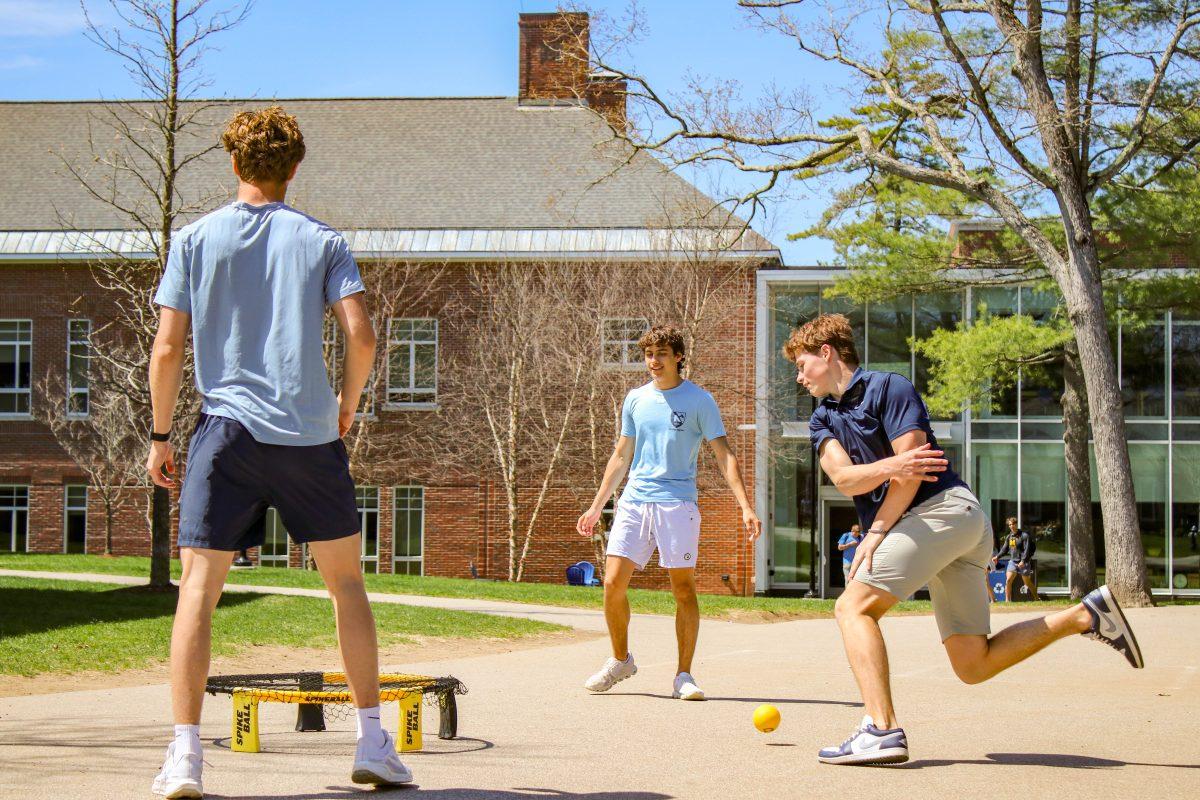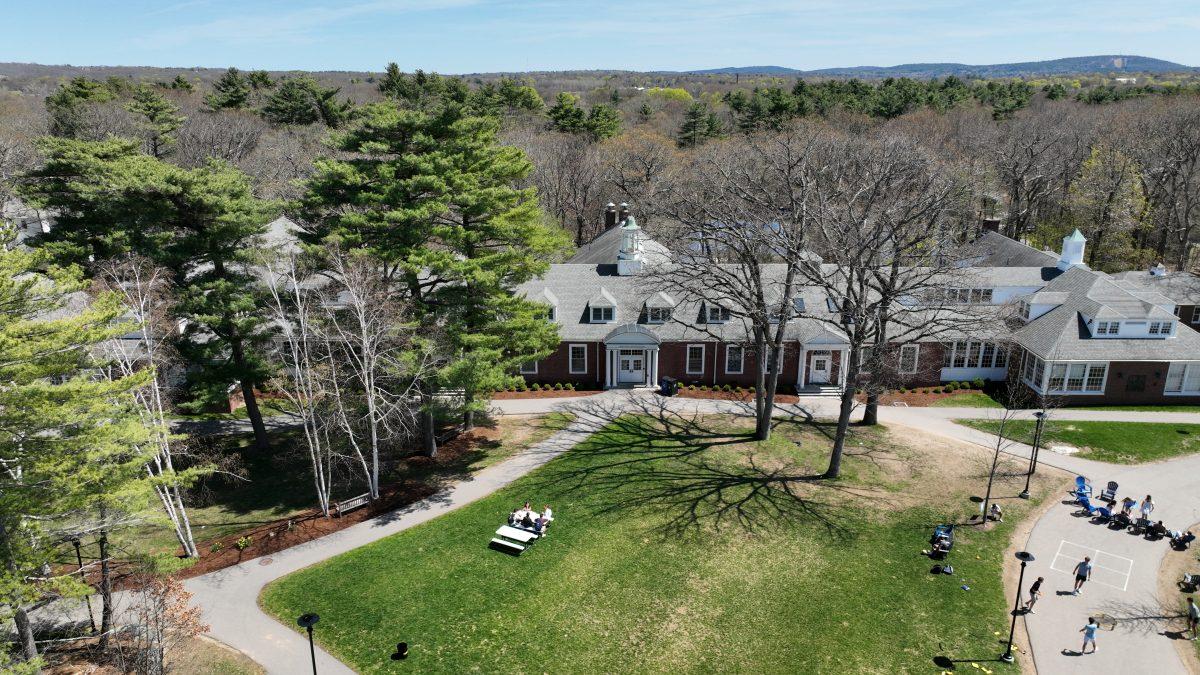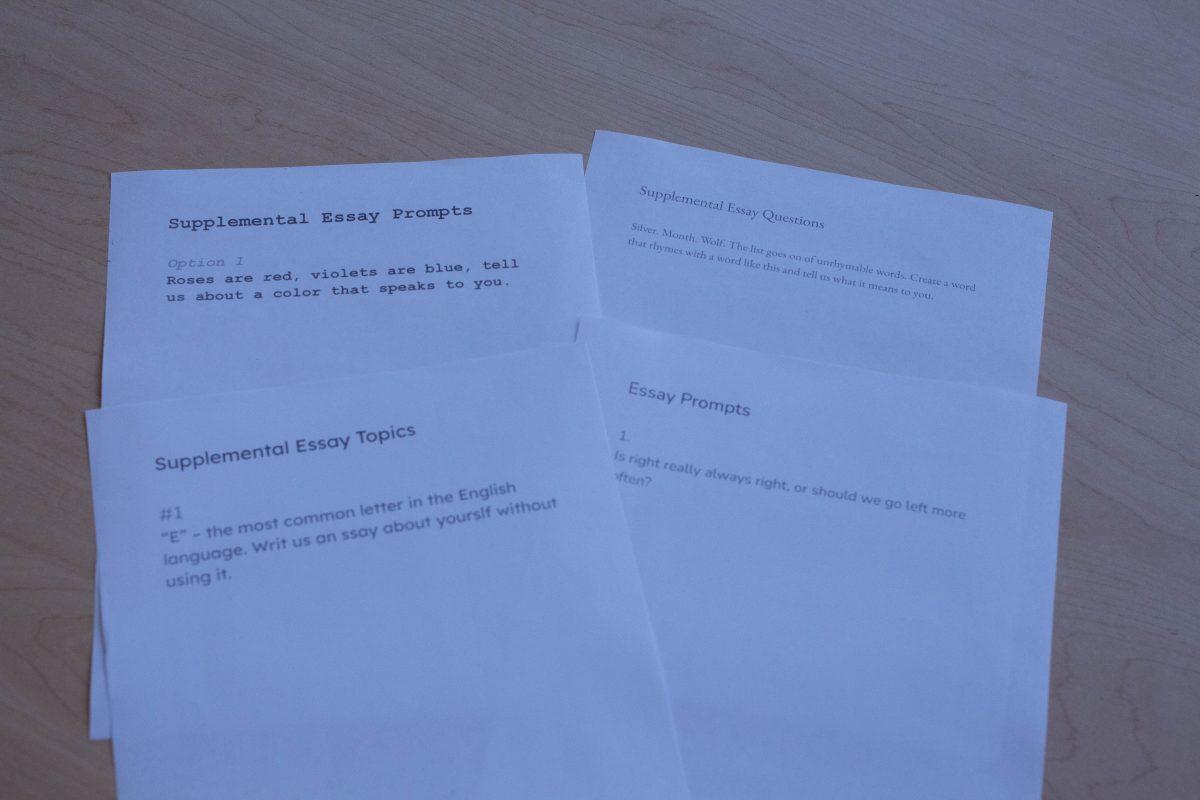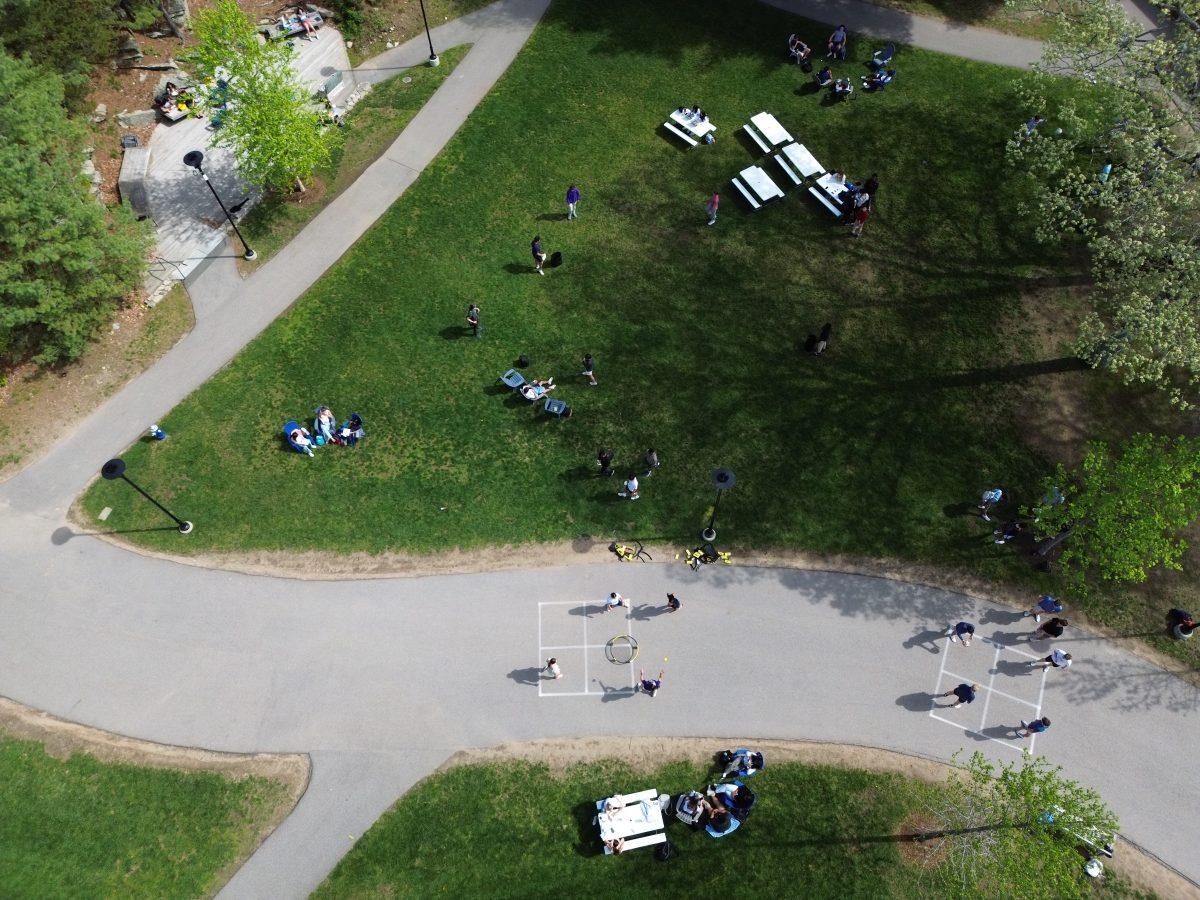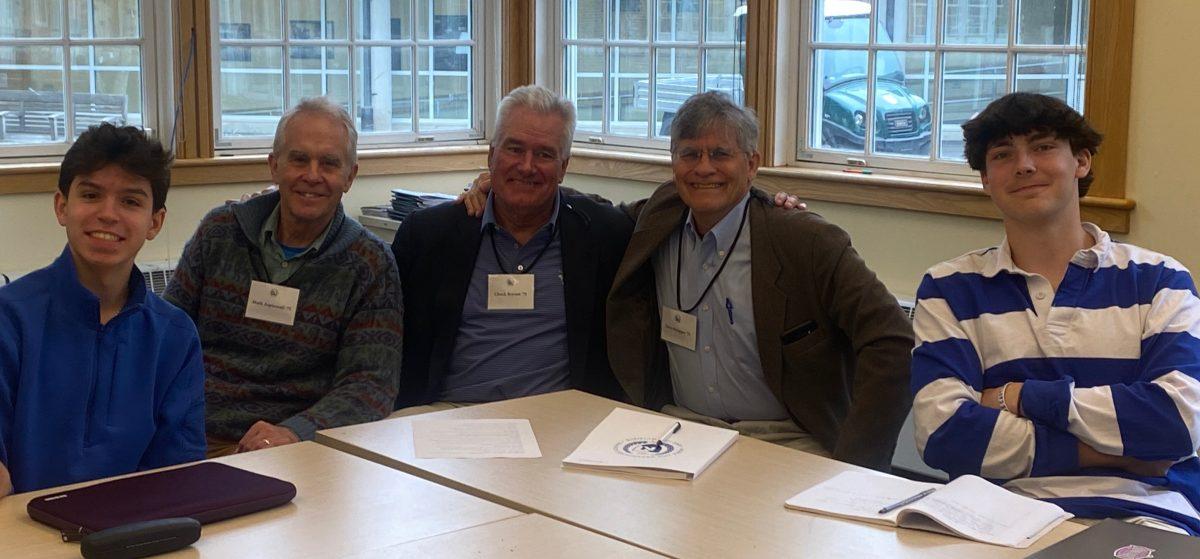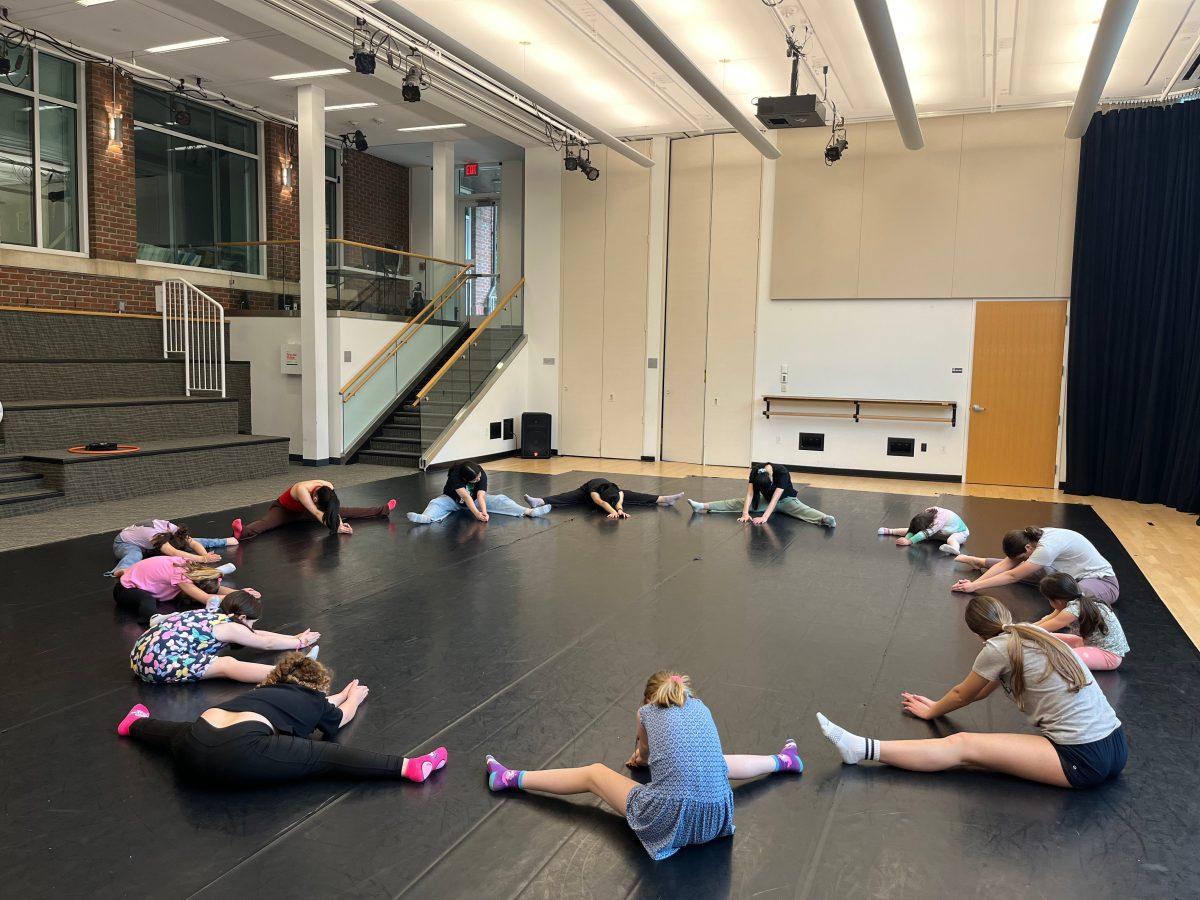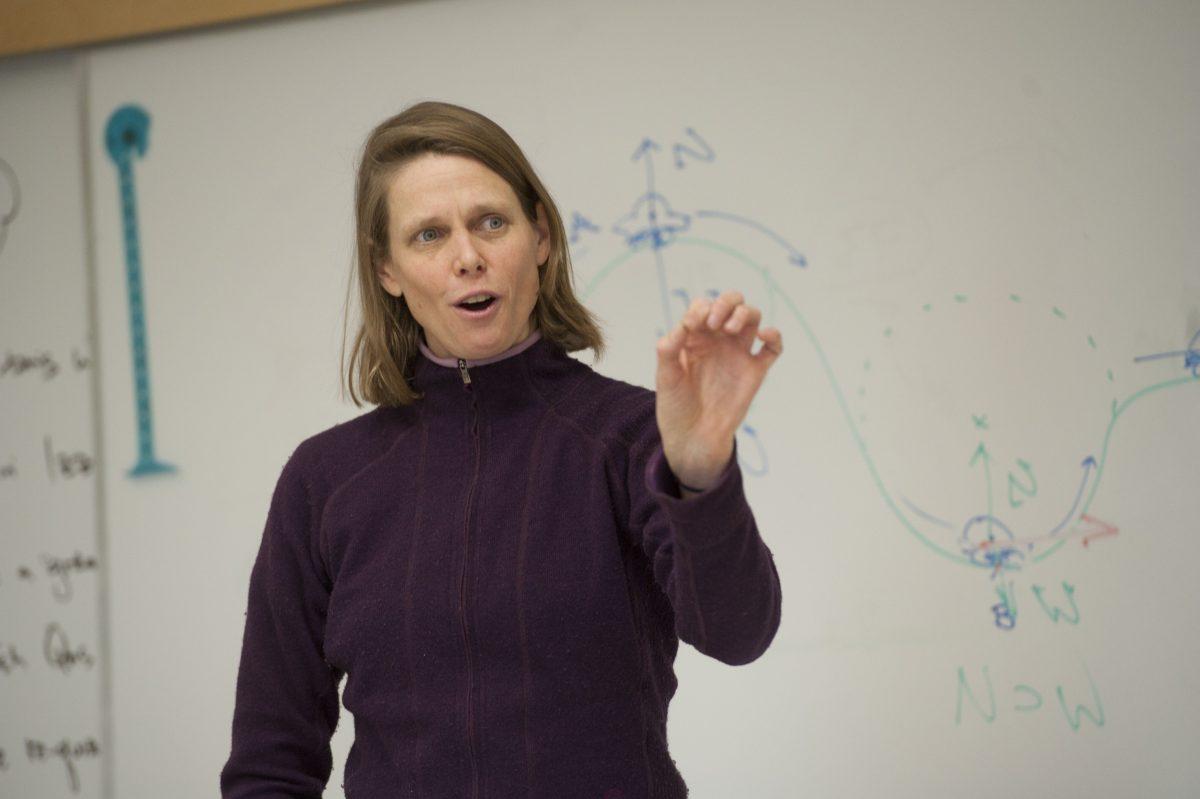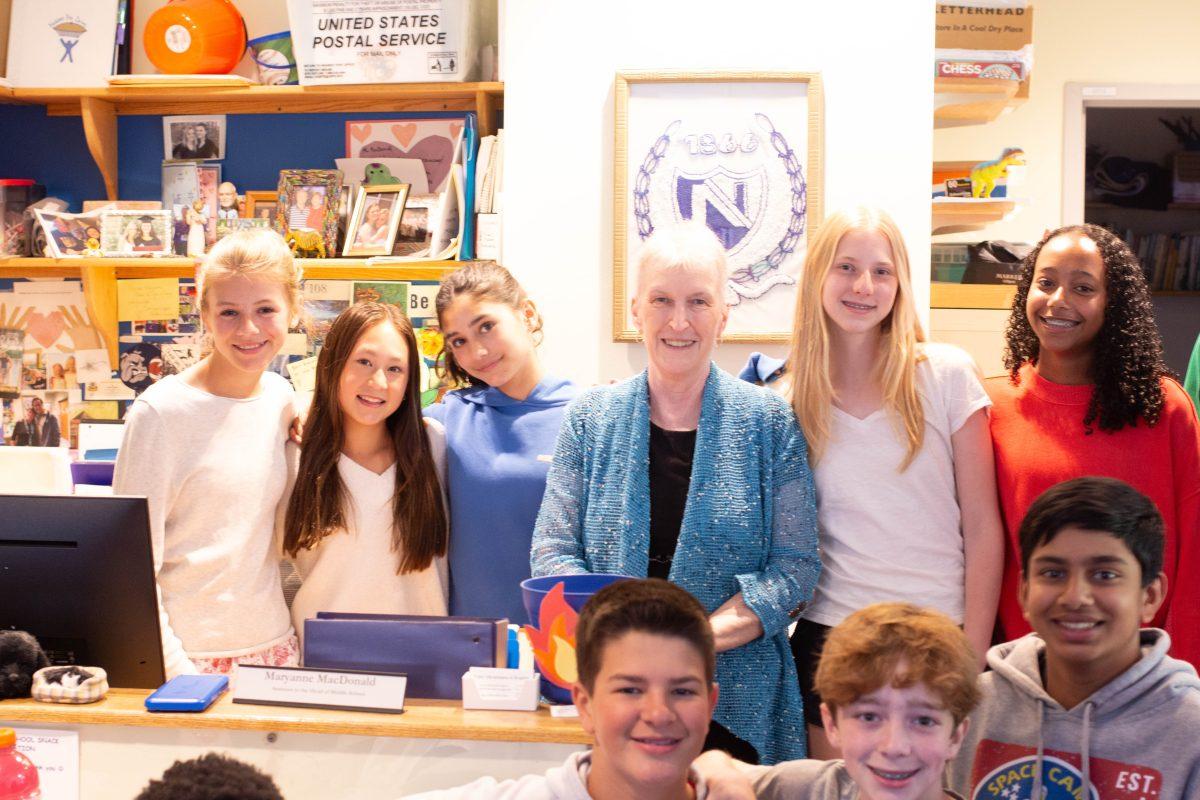The Nobles EXCEL Department was founded in 2016 to provide institutionalized support and funding to the school’s already numerous trips and community service opportunities. Current teachers agree that this change was greatly beneficial, as it lent more money, thought, and planning to every travel opportunity. Before the department was founded, however, Nobles’ trips were wild, unpredictable, and quite often went off the rails. Lack of funding and concrete rules around application processes filled trips with far too many students. Without proper chaperoning, students were often disobedient and rebellious. But in a time when the school’s trips were synonymous with exploration and discovery, and perhaps a healthy dose of rule-breaking, one travel experience became Nobles’ new gold standard of learning, safety, and fun: the Honduras trip.
Led by Science Faculty Jeremy Kovacs and Science Faculty Ross Henderson, the Honduras trip ran for 12 years from 2003 to 2015. During spring break, they brought Nobles students to Roatán, a small island off the coast of Central America, to snorkel, scuba dive, and learn about marine biology. Kovacs pitched the trip in his early years at Nobles. Unsurprisingly, due to Nobles’ lack of centralized rules surrounding outside trips, he encountered little trouble in its approval process. Additionally, Kovacs had already formed a connection with the Roatán Institute for Marine Science, where the students would spend their days. “At my previous school, I had already run the trip for about six or seven years. So this was a well-established trip with a well-established relationship,” he said. Kovacs was also certified as a scuba instructor, so once he began talking with Ross Henderson, a marine biology teacher, they agreed to run the trip for Nobles students.
Initially, the lack of institutional support during the planning phase of the trip was difficult for Kovacs. “The challenge of running trips back then was that the trip leaders were in charge of everything. We were purchasing tickets, making hotel arrangements, and dealing with all the finances associated with the business office,” he said. Of course, this led to unforeseen issues on the first trip that had to be ironed out in future iterations.
One notable memory comes from the group’s small charter flight from mainland Honduras to Roatán. “I think they had seat belts. The windows somehow opened, and there were no flight attendants. When we wanted a drink, they just rolled a cooler down the aisle, and you just picked out what you wanted. Everything was written in Russian on the plane,” Kovacs said. This harrowing experience pushed the trip leaders to rethink some of their travel plans. But one aspect of the trip that remained relatively unchanged across its 12-year span was its day-to-day activities.
The Honduras trip was one of Nobles’ first trips to incorporate learning science into travelling abroad. At the Roatán Institute for Marine Biology, students were tasked with collecting samples from Roatán’s surrounding reefs and researching bottlenose dolphin behavior. “A typical day was, wake up in the morning, go out and scuba dive on the reef, do some coral sampling, get lunch, and then work in the pens with the dolphins on training techniques,” Kovacs said. All of this amounted to around six to seven hours in the water on a typical day, with a focus on coral reefs’ biodiversity, ecosystems, and dolphins’ impact on the ocean.
“A typical day was, wake up in the morning, go out and scuba dive on the reef, do some coral sampling, get lunch, and then work in the pens with the
dolphins on training techniques.”
Unlike many of today’s EXCEL trips, students did not participate in community service. The trip’s focus was academic, and travellers did not branch out from the institute’s premises into the towns of Roatán. “The island can sometimes have some political unrest. The place that we stayed at was very, very safe, so going outside the resort was sometimes a risk we weren’t willing to take,” Kovacs said.
By its final years, the Honduras trip became incredibly popular. “It modeled, sometimes, exactly what kids hope their spring break would be: sun, ocean, and sand,” Kovacs said. In 2015, the last year, there were more than 40 applicants for the trip’s 10 spots. Nevertheless, the trip was stopped for safety concerns. “Scuba diving can be dangerous, and eventually we started wondering if the benefits of the trip outweighed the risks,” Kovacs said.
Now, Kovacs’ sentiment around the cancellation might be changing. “I think it’s something that certainly can be revisited. And probably one of the reasons is my sons are now at the school,” he said. His motivation is not merely nepotistic. “We would always have kids for whom it was the first time going underwater, or it was the first time interacting with a creature. So watching that happen was always incredible,” Kovacs said. So in the coming years, look out for a trip to Honduras on the EXCEL slate. With the department’s current resources, this storied trip may just have its revival.


